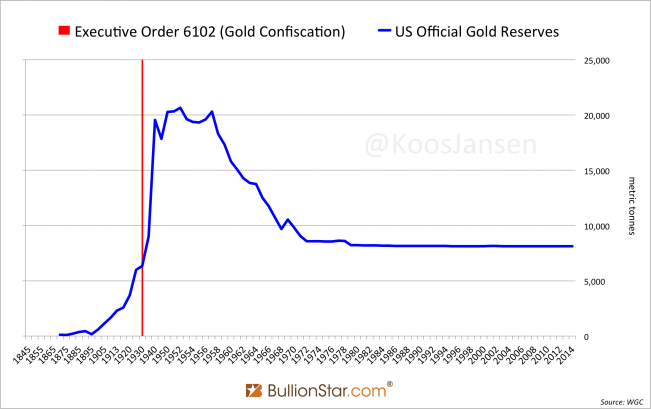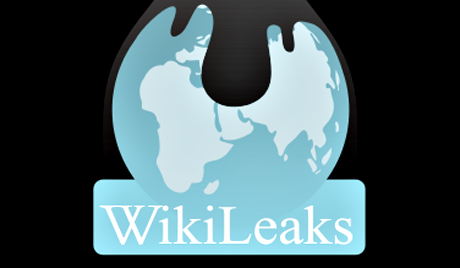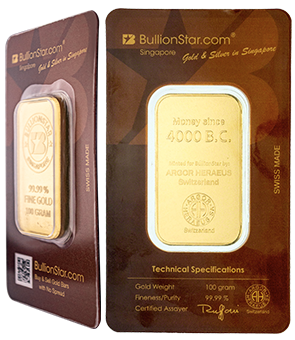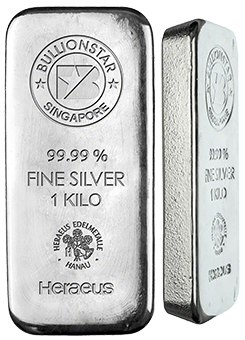1973 EU CBs Traded Gold In Secret At Free Market Price
Another piece of the puzzle
The more I read about it the more clear it becomes that the euro, at first a monetary block in Europe, was spawned right after the US abandoned gold in 1971. The European Community (EC) block was the biggest threat for the US hegemony in the seventies, if Europe would unite it could break the USD. Europe’s aggregated gold reserves were (and still are) greater than US holdings, a crucial reserve asset when fully utilized.
Soon after the inception of the Bretton Woods system in 1944 the US needed to suppress the price of gold because they printed far more dollars than they had gold to back it up, finally the suppression failed in 1968 when the London Gold Pool collapsed. What followed was a two-tier system; monetary gold was valued at a fixed price far below the free market price of gold.
The two-tier system created by the American monetary wizards was anything but sustainable; foreign central banks could buy gold at the US Treasury for dollars at a discount, subsequently selling the gold on the free market for a higher price, though the agreement was central banks would not trade with the private market.
Because the dollar was overvalued (against gold) European central banks exchanged billions of dollars for thousands of tonnes of gold, draining US gold reserves.
In 1958 the UK exchanged $900,000,000 dollars for 799 metric tonnes of gold at the US Treasury. From January to March 1965 France pulled 428 tonnes from the US, from April to June 1971 France got out 251 tonnes.
That’s when Nixon temporarily suspended convertibility of dollars into gold on August 15, 1971.
Next up for the US was to completely remove gold from the international monetary system. Having the dollar as the sole monetary anchor would ensure the US from world domination. Europe, on the other hand, tried to re-introduce gold into the system at the free market price.
In the next quotes we can read how Henry Kissinger, National Security Advisor and Secretary Of State at the time, was discussing the matter with his team.
Mr Enders to Mr Kissinger about the proposal (re-introduction of gold) from Europe (EC).
…Mr. Enders: Both parties [US and EC] have to agree to this. But it slides towards and would result, within two or three years, in putting gold back into the centerpiece of the system—one. Two—at a much higher price. Three—at a price that could be determined by a few central bankers in deals among themselves.
…They would determine the value of their reserves in a very small group.
Mr Kissinger: And we would be on the outside.
Mr. Enders: The policy we would suggest to you is that, (1), we refuse to go along with this—
…Secondly, Mr. Secretary, it does present an opportunity though—and we should try to negotiate for this—to move towards a demonetization of gold, to begin to get gold moving out of the system.
…It’s against our interest to have gold in the system because for it to remain there it would result in it being evaluated periodically. Although we have still some substantial gold holdings—about 11 billion—a larger part of the official gold in the world is concentrated in Western Europe.This gives them the dominant position in world reserves and the dominant means of creating reserves. We’ve been trying to get away from that into a system in which we can control—
…If they have the reserve-creating instrument, by having the largest amount of gold and the ability to change its price periodically, they have a position relative to ours of considerable power.
… I think we should look very hard … at very substantial sales of gold—U.S. gold on the market—to raid the gold market once and for all.
The US was against any form of European monetary cooperation. The next quotes are from a phone call between Kissinger and Under Secretary Simon:
K: … I’ve just been called to the President. Let me tell you — Shultz has sent me a copy of the cable that Volker gave him – that Volker sent him about the interventions, and he has asked for my views. I basically have only one view right now which is to do as much as we can to prevent a united European position without showing our hand.
S: Okay. Well, I interpret that as less intervention, which is a good idea, and I think George will be very happy with that comment. Do as much as we can to prevent a unified European position.
K: I don’t think a unified European monetary system is in our interest. I don’t know what you think for technical reasons, but these guys are now helping to put it to us.
In this political battle the US and Europe remained on speaking terms (both not showing their hand). But the EC was occasionally poking the US; if necessary they would trade gold in secret at the free market price.
1973 November 21, 16:14
1. IN A CONVERSATION WITH ECON MIN, FREYCHE, ECONOMIC AND FINANCIAL ADVISOR TO PRESIDENT POMPIDOU, SAID GOF FULLY UNDERSTANDS OUR VIEWS ON PURCHASES OF GOLD BY CENTRAL BANKS AT A PRICE ABOVE THE MONETARY PRICE. FREYCHE SAID THAT, ALTHOUGH THERE ARE PRESSING TECHNICAL REASONS WHY THE CENTRAL BANKS OF THE EC MIGHT WANT TO BUY AND SELL GOLD AMONG THEMSELVES AT A PRICE ABOVE THE MONETARY PRICE, THE GOF AS WELL AS ITS EC PARTNERS WERE VERY RELUCTANT TO DO THIS, PRIMARILY BECAUSE THEY
CONFIDENTIAL CONFIDENTIAL PAGE 02 PARIS 30004 211932Z
HAD NO DESIRE TO TAKE A STEP WHICH MIGHT BE INTERPRETED AS AN ATTEMPT TO CREATE A MONETARY BLOCK IN OPPOSITION TO OR RIVALRY WITH THE U.S. IN OTHER WORDS, HE SAID, FRANCE WAS HOLDING BACK FROM SUCH A DECISION BECAUSE OF A DESIRE TO DEMONSTRATE GOODWILL TOWARD THE U.S. NONETHELESS, HE CONTINUED, THE EC MIGHT EVENTUALLY BE FORCED TOTAKE THIS STEP. SIXTY-FIVE PERCENT OF ITALY’S RESERVES AND 40 PERCENT OF FRANCE’S WERE IN GOLD. IT WAS WELL KNOWN THAT NEITHER ITALY NOR FRANCE WAS WILLING TO PART WITH ANY OF THIS GOLD AT THE MONETARY PRICE WHEN THIS PRICE WAS SO MUCH LOWER THAN THE FREE MARKET PRICE. THUS, A LARGE PART OF THE RESERVES OF THESE TWO COUNTRIES WAS IN EFFECT FROZEN AND COULD NOT BE USED IN THE SETTLEMENTS AMONG THE “SNAKE" COUNTRIES REQUIRED TO MAINTAIN THE SNAKE. THIS, OF COURSE, WAS ONE OF THE REASONS WHY ITALY HAD SO FAR BEEN UNWILLING TO ENTER THE SNAKE. IF THIS PROBLEM BECAME SERIOUS ENOUGH SO THAT THE EUROPEAN CENTRAL BANKS FELT OBLIGED TO BEGIN EXCHANGING GOLD AMONG THEMSELVES AT A PRICE ABOVE THE MONETARY PRICE, FREYCHE SAID THAT THIS DECISION WOULD NOT BE TAKEN WITHOUT FULL PRIOR CONSULTATION WITH THE U.S. AUTHORITIES. HE ALSO SAID THAT EXCHANGES OF GOLD AT SUCH A PRICE WOULD BE RESTRICTED TO EC CENTRAL BANKS AND IT WAS POSSIBLE THAT THE PRICE AT WHICH THESE TRANSACTIONS WOULD BE CARRIED OUT WOULD BE KEPT SECRET.
2. COMMENT: FREYCHE’S CONCILIATORY ATTITUDE ON THIS MATTER IS WELCOME. NONETHELESS, WE BELIEVE, PARTICULARLY IN VIEW OF THE MANY PUBLIC STATEMENTS BY SENIOR FRENCH OFFICIALS ON RIGHT TO BUY AS WELL AS SELL GOLD AT MARKET PRICE, THAT FRANCE’S OBJECTIVE CONTINUES TO BE PRESERVATION OF SIGNIFICANT ROLE FOR GOLD IN MONETARY SYSTEM AND, IN THAT PERSPECTIVE, TO OBTAIN AGREEMENT WITH EUROPEAN PARTNERS TO SELL GOLD IN INTRA-EUROPEAN SETTLEMENTS AT VALUE NEAR TO MARKET PRICE. THIS BEING THE CASE, FREYCHE’S ASSURANCE NO SUCH DECISION WOULD BE REACHED WITHOUT PRIOR CONSULTATION WITH U.S. IS IMPORTANT AND USEFUL. IRWIN
CONFIDENTIAL NNN
(h/t @mortymer001)
Previously released historic documents
1970 February 24, Washington DC, US. Pompidou and Nixon
1971, October 28. Phone call between Nixon and Kissinger on gold
1973, March 14, Kissinger and Simon telephone conversation
1973, May 18, Paris, France. Meeting Kissinger And Pompidou on value of gold
1974, April 22 & 23, Zeist, The Netherlands. Meeting European Ministers Of Finance On Gold
Popular Blog Posts by Koos Jansen
 China’s Secret Gold Supplier is Singapore
China’s Secret Gold Supplier is Singapore
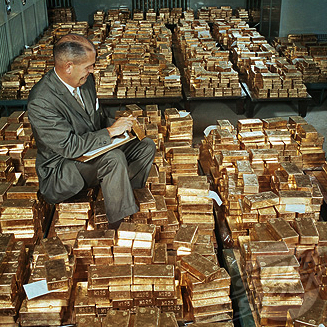 Audits of U.S. Monetary Gold Severely Lack Credibility
Audits of U.S. Monetary Gold Severely Lack Credibility
 China Gold Import Jan-Sep 797t. Who’s Supplying?
China Gold Import Jan-Sep 797t. Who’s Supplying?
 The Gold-Backed-Oil-Yuan Futures Contract Myth
The Gold-Backed-Oil-Yuan Futures Contract Myth
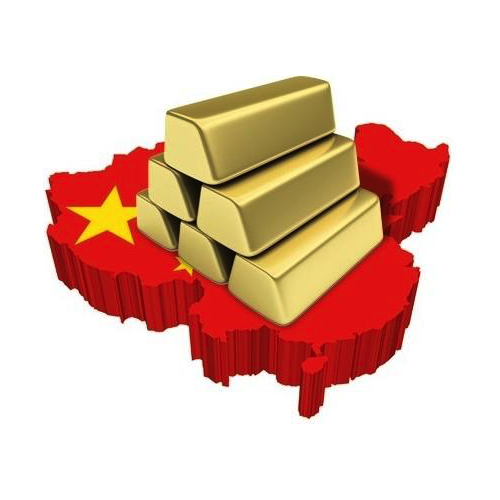 Estimated Chinese Gold Reserves Surpass 20,000t
Estimated Chinese Gold Reserves Surpass 20,000t
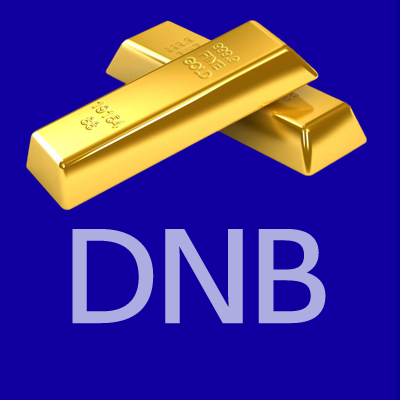 Did the Dutch Central Bank Lie About Its Gold Bar List?
Did the Dutch Central Bank Lie About Its Gold Bar List?
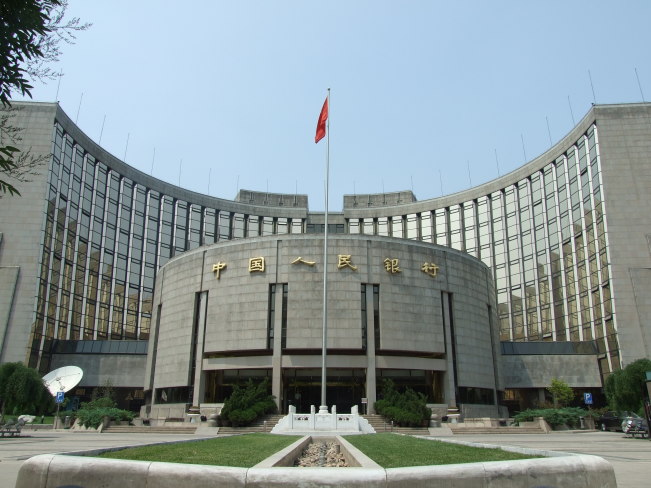 PBOC Gold Purchases: Separating Facts from Speculation
PBOC Gold Purchases: Separating Facts from Speculation
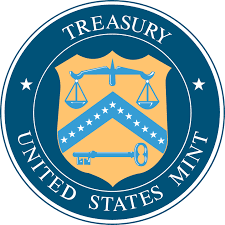 U.S. Mint Releases New Fort Knox Audit Documentation
U.S. Mint Releases New Fort Knox Audit Documentation
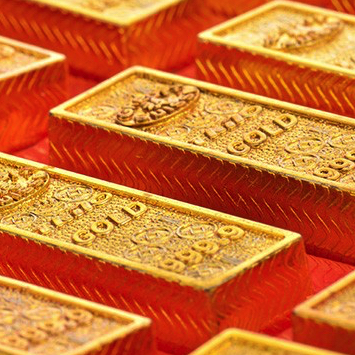 China Net Imported 1,300t of Gold in 2016
China Net Imported 1,300t of Gold in 2016
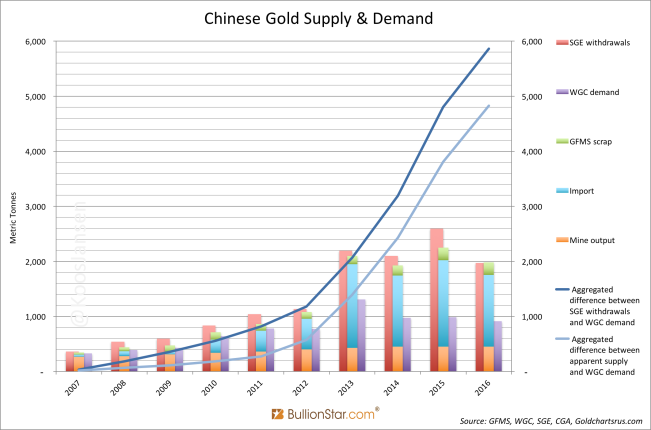 Why SGE Withdrawals Equal Chinese Gold Demand and Why Not
Why SGE Withdrawals Equal Chinese Gold Demand and Why Not





 Koos Jansen
Koos Jansen